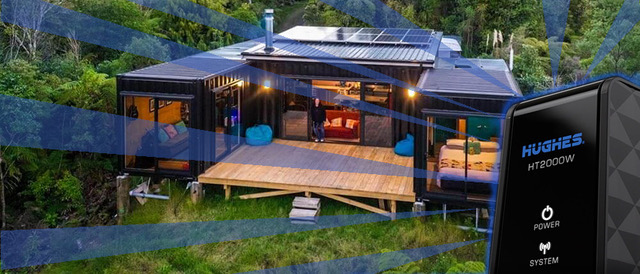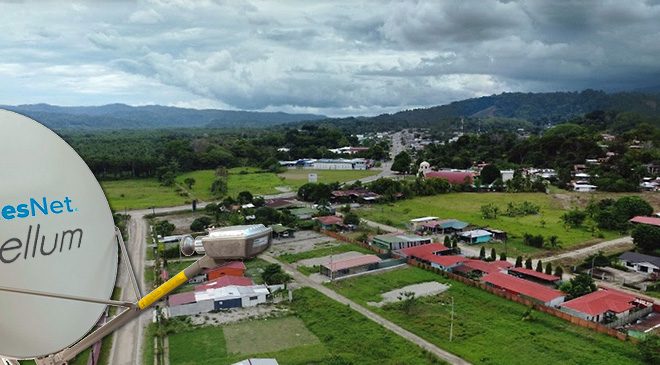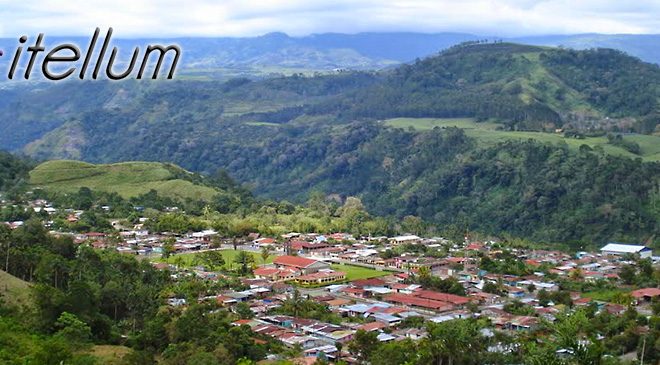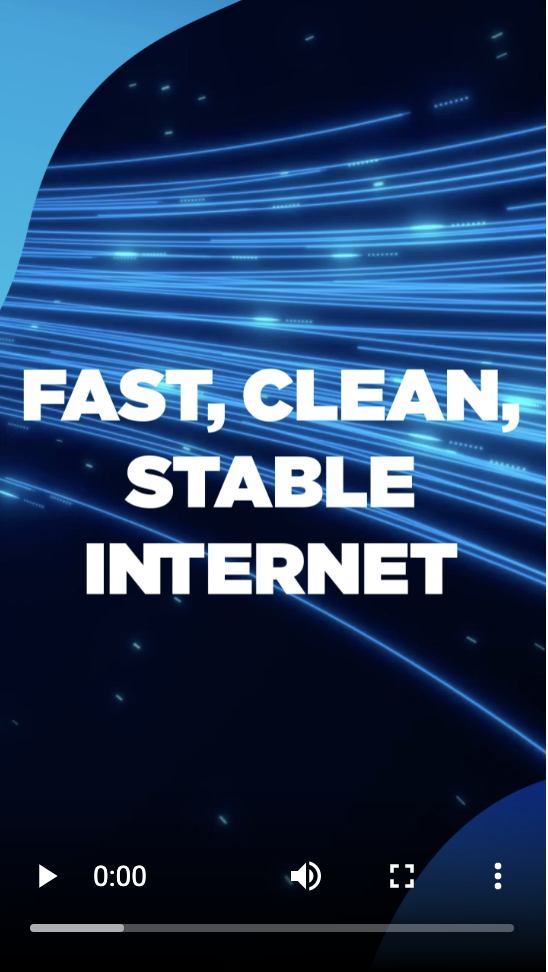A Perspective on Off-Grid Living in Costa Rica
Is it a fad, a trend, or simply a fascination with getting away from it all?
It is happening all over the world. Many people are exploring the option of living surrounded by nature, away from the city and the daily grind. Costa Rica is a great place to live, work, and visit, but for those of us who rely on the internet to stay connected, it can be somewhat of a challenge depending on the area you choose to live in. While there are many places with internet available, they can often be quite expensive and not always reliable. For those looking for an off-grid internet solution in Costa Rica, look no further than iTellums high-throughput satellite broadband.
High-speed satellite internet is a great way to get online anywhere in the country, without having to worry about unreliable internet connections or bottle-necks. So if you’re looking for an affordable and dependable way to stay connected while living “away from it all” in Costa Rica, fast satellite internet is definitely the way to go.
There are a variety of reasons many digital nomads are exploring Costa Rica as their destination to roam the country working online. The country has long been known for its stable government, friendly people, beautiful natural environment, and eco-friendly attitude. Those represent a desirable number of plusses for many people seeking a life off-grid. Couple them with a sense of adventure and you have a recipe for an optimum lifestyle makeover! There are, of course, some trade-offs that come with living off-grid.To begin with, you need to decide where you want to live. Weigh the pros and cons and ultimately make the decision that corresponds with your needs and desires.
Living in the mountains with fabulous views can mean a few things. First, the locations in the mountains can vary greatly. Even some areas in the central valley mountain ranges have sketchy internet or no internet at all. However the populated, more developed areas in mountainous terrain throughout the valley will have internet service depending on the location and if it’s in new urbanization. If you choose to live in the mountains in the rainforest your options become very slim and equally scarce if you choose an agricultural area. You may also opt for living in the beach areas but if you are looking to be off-grid, chances are you won’t be in the popular beach towns and again face the problem of little or no internet.
However, fear not because rural satellite internet is now available in the majority of remote areas thanks to iTellum. Location becomes where you want to be rather than where you have to be to have solid internet for your entertainment or, more importantly for your livelihood.
If you are looking for off-grid accommodations you can opt for a container home that may or may not be in a remote area. However, these homes lend themselves to the off-grid concept easily. There has been a great interest in container homes over the past five or six years and they can be found in many areas of the country now. They can even be moved easily, especially if they remain on trailers. This means you are not limited to your current location and can move your home wherever you can find a lot for sale or lease. The ability to have direct control over your environment, be more self-sufficient, reduce your impact on the planet in a small footprint and yet stay in contact with the rest of the world is an appealing living solution to an increasing population. Many have their own solar energy source, water catchment systems, and coupled with internet via satellite, they are a compact solution for those seeking the off-grid lifestyle.
Another recent trend is the “tiny home” concept which, unlike container homes, follows traditional building methods but on a much smaller scale. Some tiny homes remain on trailers for ease of mobility similar to container homes. However tiny home design usually includes a second floor, adding to the height of the building. This can cause logistical problems when moving the home. Although container homes can also be difficult to move, they can go anywhere a standard truck and trailer can. What makes a tiny home more flexible is that you are not limited by the configuration of a shipping container. One of the major adjustments to both the container home and tiny home is that you must consider downsizing in every way imaginable. “Tiny” means smaller appliances in a small kitchen, smaller preparation area, smaller storage space, sleeping area, dining, and living area. This can be a difficult adjustment for those accustomed to living in a large home. But the great thing about Costa Rica is the beautiful weather enabling you to expand your living area to the outdoors provided you have a covered area to protect you from the sun and rain. Both methods of building are suited to off-grid lifestyles given that you can adjust to the consequences of downsizing.
But off-grid does have to mean a small building structure. More and more homes are being built with an “eco” or “green” technology in mind. However, the cost to employ alternative energy methods can be daunting. Many of these alternative energy sources are still in their infancy and technology for the same is constantly changing. Being eco-friendly can be a challenge and costly so current research becomes your friend and networking with people with experience that have the same goal as you do is advantageous. Although they are not plentiful yet, green communities are expanding in Costa Rica. You can seek out eco-friendly developments online and exercise your option to live off-grid knowing that you will not give up your ability to remain connected via the best satellite broadband possible almost anywhere in the country.
Satellite broadband is a great way to get online without having to worry about slow internet connections or unreliable service. So if you’re looking for a place to unplug and really get away from it all, Costa Rica is a great choice. And if you need internet access, don’t worry – iTellum has your back with Costa Rica’s only High-Speed Satellite Internet. Reach out to us today to find out more about our services and how we can help you stay connected even when you’re off-grid.







